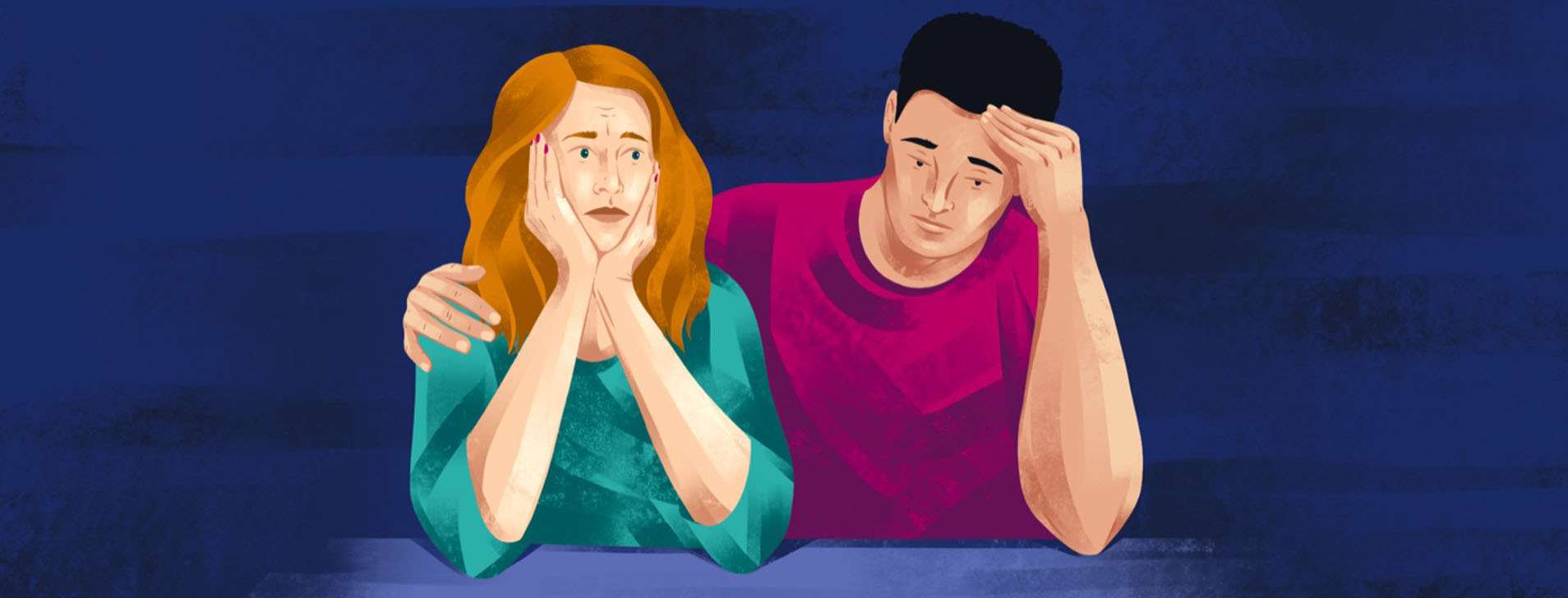What I Wish Juvenile Psoriatic Arthritis Parents Knew
Growing up with juvenile-onset psoriatic arthritis (JPsA) was a unique experience. I learned to cope with my chronic illness from a young age. And I learned never to judge a book by its cover since I looked healthy to the rest of the world. The experience taught me a lot about resiliency and compassion - and how to balance the two.
Understanding the emotional impact is just as important.
Through the years, I've seen many advice articles for parents of children with JPsA. I've read great advice on navigating school accommodations, medications, and summer camps. But something I feel is sometimes neglected is the emotional impact arthritis has on a child's life.
It's hard to be on your best behavior when you're not feeling well.
I see it mentioned that teens frequently react more emotionally to their diagnosis than younger kids, which I believe. But, I think it's important to acknowledge the toll that chronic pain takes on a young person's life. It can be hard to keep it together when you're hurting, whether you're five or fifteen.
Even adults have difficulty maintaining their composure when they aren't feeling their best. When you are overtired, in pain, overwhelmed, or generally don't feel well, you may feel irritable. People can get short and snippy or even experience anger.
There may be times when your child doesn't express their pain with their words. It'll come out as a grumpy demeanor paired with gait changes, pained expressions, and stiff movements.
Meltdowns can be a result of not feeling well
It doesn't mean you have to be a victim of your child's bad mood; as a parent, you need to be able to teach your child that it's not okay to lose their cool and take it out on others. But I think it's important to acknowledge that meltdowns can be a result of not feeling well.
It may influence your discipline approach; there might be times you find it better to teach them coping mechanisms before resorting to punishment. Practicing coping skills (when appropriate) will help your child in the long term.
Find ways to wash away the grumpies...
Looking back, I appreciate the self-care tactics I was taught. My mom knew that nine times out of ten if I had an attitude, it was because I was in pain. When I was small, one of her favorite approaches was making me get in the bath to wash away the grumpies.
The time spent quietly soaking in the warm water was comforting, and I usually came out of the tub feeling calmer. It's not to say I was never disciplined. But it was helpful having my mum there through the years to guide me towards self-care activities when I was feeling so overwhelmed by pain and fatigue.
Having useful tools in my emotional toolbox
To this day, I know that when I'm starting to get to the end of my rope, the best thing I can do is be kind to myself. That means intervening before things get out of hand by treating my pain or resting, if possible.
I'm still human and get frustrated and angry at times. But I'm so glad I have a set of coping mechanisms in my back pocket, and most importantly, I know when to use them.
This or That
Do you also find it painful to sit for extended periods of time?

Join the conversation